What Does Biodegradable Mean?
Published Nov. 10 2020, 12:04 p.m. ET
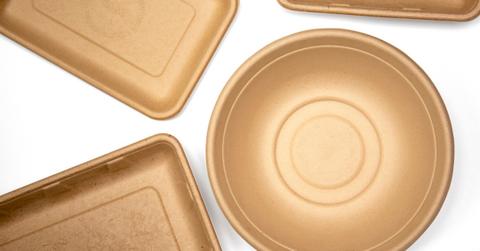
Biodegradable is an environmental buzzword if ever there was one. In this age of renewed interest in green living, sustainability, and zero-waste lifestyles, it is one of the most common indicators that a product is “OK to use,” but is it really? What does the word biodegradable really mean, anyway? And for that matter, does labeling a product as biodegradable mean anything at all in terms of green living?
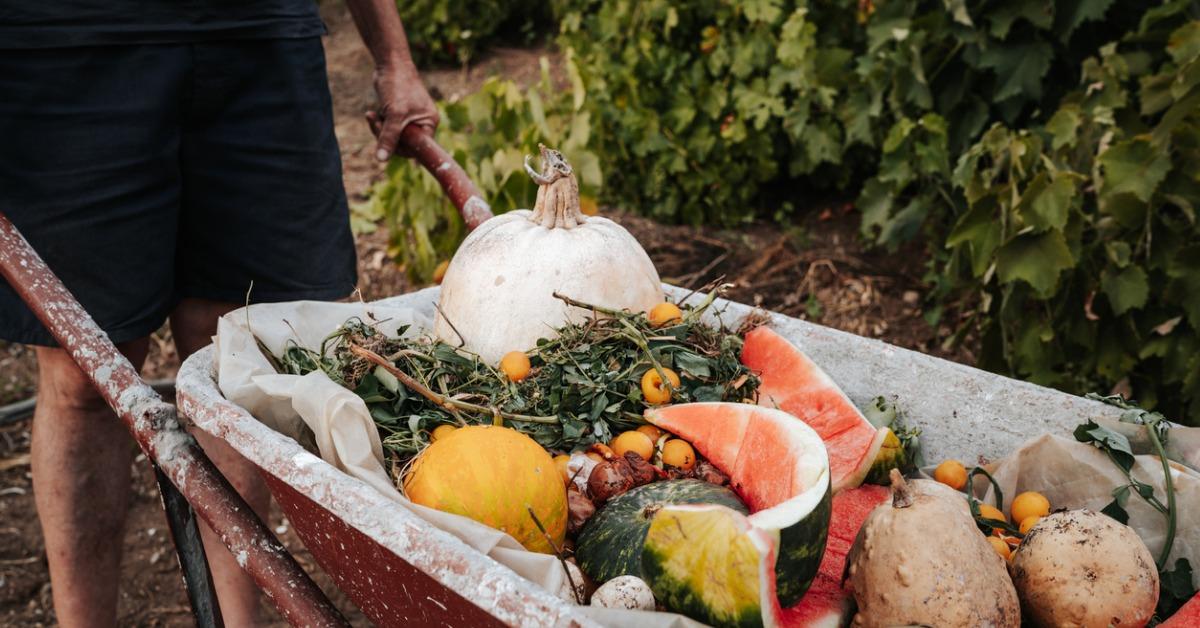
What does biodegradable mean?
Biodegradable has a simple definition. It means that an item can be disintegrated into its base elements by microorganisms and the passage of time. This biological process of biodegradation breaks materials down into their various component parts and returns them to nature. Many things can be considered biodegradable, even non "organic" things like plastics. However, the process of breaking down non-organic materials or chemically-crafted materials has its own set of problems.

What types of materials are biodegradable?
Some items are very obviously biodegradable. Food scraps, untreated wood, and many other items like newspaper, eco-friendly paper products, cardboard, paper straws, plates, cups, and cutlery made of non-plastic recycled materials. All of these items biodegrade fairly easily (though at very different paces) and without much risk from their component parts.
Wood, paper products, and other materials that have been chemically-treated, however, are likely to give you some trouble. Many of the chemical compounds used on these products not only make them harder to decompose, but they can also become toxic once they’ve begun to break down.
Another facet of biodegradability that should be considered is the conditions surrounding any particular material. For example, products that will safely biodegrade in nature or in your home compost heap will take much longer to biodegrade if they wind up in a landfill, all the while emitting greenhouse gases. The amount of light, water, bacteria, and toxins are all factors to be considered when judging how biodegradable an item is — the other is time.
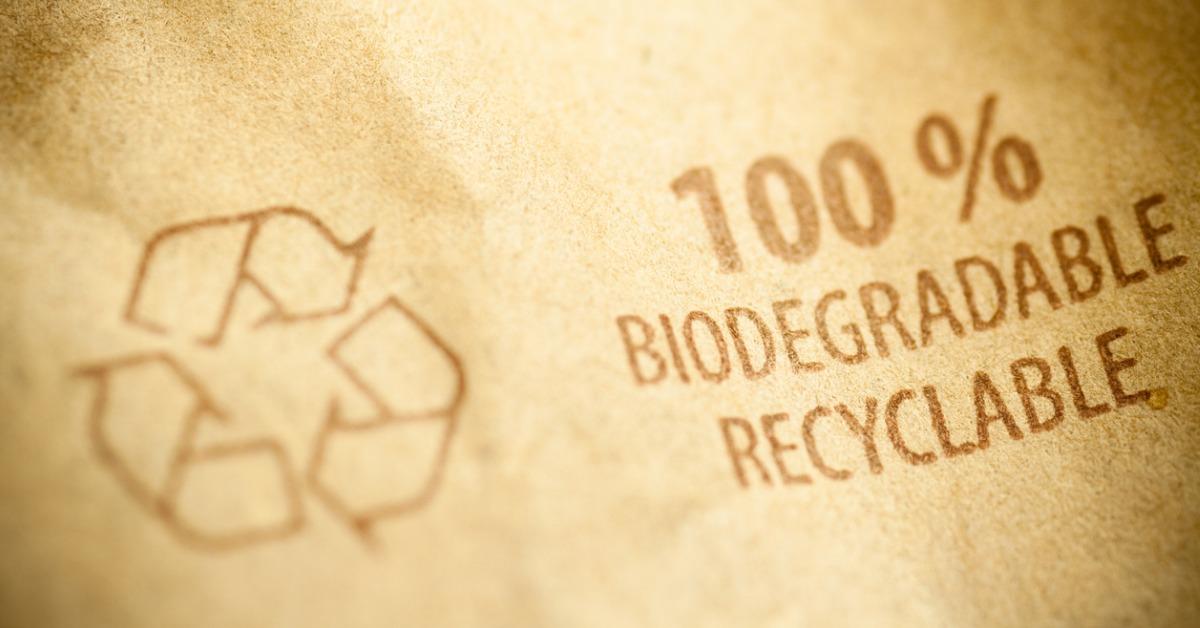
How long does it take for things to biodegrade?
Nearly every biodegradable material, whether it be an apple core or a hunk of cement, will eventually break down into its component parts, if given enough time. Even metals and plastics will eventually biodegrade, though they might end up being far worse for the environment in their new form.
Plastics can take decades or even centuries to break down on their own. Depending on the type of plastic, this process can result in chemicals, toxic gasses, or minuscule globules of water-faring pollutants called microplastics; one of the biggest problems our world is currently facing.
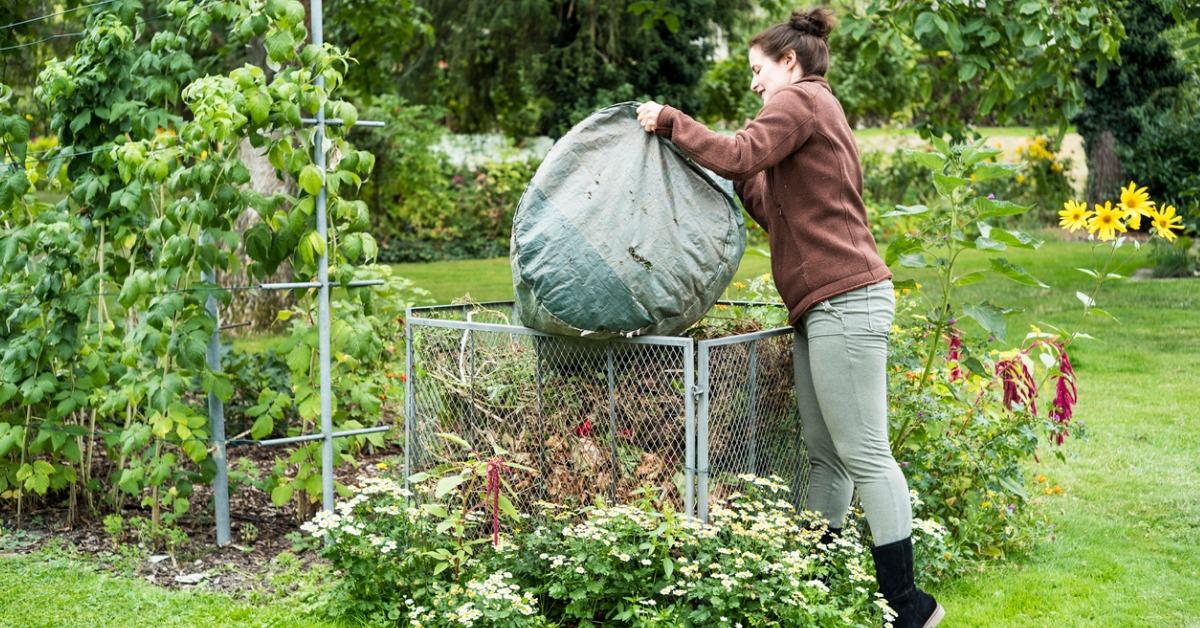
What are some non-biodegradable products?
Polystyrene, otherwise known as Styrofoam, is another mass-produced material that becomes toxic when it finally breaks down — that is if it breaks down at all. Polystyrene is sensitive to sunlight. If it is exposed to sunlight for too long, it undergoes a process known as photodegradation, or "breakdown by light."
Over the following months, continual exposure to sunlight will affect the outer layer of the plastic, discoloring it and turning it into a powdery substance. This substance is toxic but the alternative is that the polystyrene doesn’t break down at all. Polystyrene that ends up in landfills and is piled upon by heaps of other trash, ends up melting into the earth, creating a chemical ooze that can persist in the environment for a presumed 1 million years.
So you see, that is why time is a factor when it comes to biodegradability. Sure, plastic and polystyrene will eventually break down; you just won’t like when they do, and they won’t be going away anytime soon.
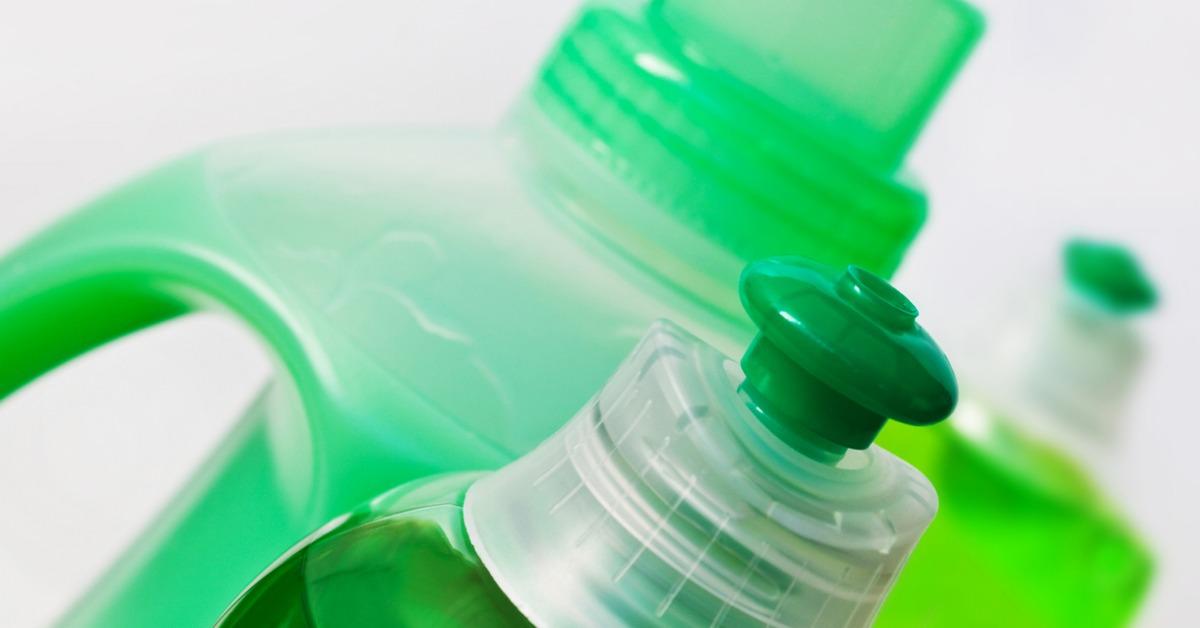
What do actual biodegradable substances leave behind?
Ideal biodegradability means that a substance will degrade without leaving any toxins behind. As an example, plant-based products break down into their core elements as well, just as plastics do. In this case, these byproducts are carbon dioxide, water, and other naturally occurring minerals. These items mix seamlessly back into the earth, leaving nothing negative behind. They can also do this within a season under ideal conditions.
How do I know what is biodegradable and what isn’t?
When you are looking for items that are supposedly biodegradable or labeled as such, look for products whose base components are purely non-chemical. Wood, paper, food-based products, and even compostable products are all viable and environmentally-safe. It’s important to note that some brands use the phrase "biodegradable" in a pretty cavalier way. As we stated earlier, biodegradable is often used as a marketing term, and just because a label says biodegradable, doesn’t mean that it actually is.
This misleading type of marketing is called “greenwashing” and it is a way that big corporations mislead people who are trying to be environmentally-conscious into buying something that isn’t actually good for the environment at all. Always do your research before making any assumptions based on a label.